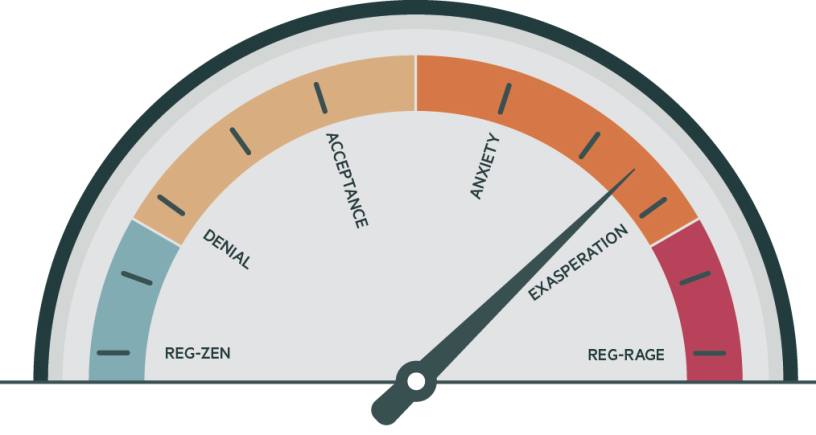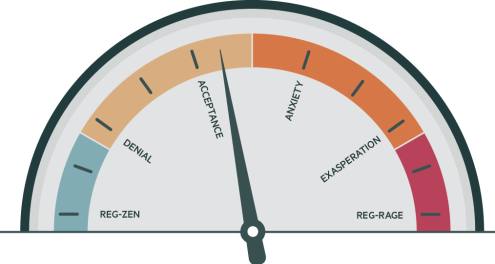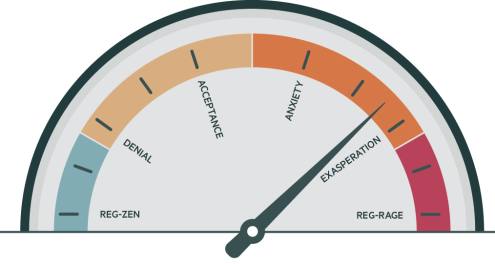What is happening?
His Majesty’s Treasury pooled the City’s best and brightest to advise on speeding up how trades get done and dusted, only for them to come to blows and hit the pause button.
The City taskforce was created in 2022 to consult on slashing settlement times for equities and corporate bonds from the current two days post-trade to just one, better known as T+1.
Led by legal eagle Charlie Geffen, the taskforce was supposed to recommend a course of action by the end of 2023. Instead, fierce debate broke out over the proposed Easter 2026 go-live date for T+1 and the interim report was delayed.
As Banking Risk & Regulation, in collaboration with the Financial Times, reported in December, the tension was over whether the UK should align more closely with the US or the EU. While the US and Canada will switch over to T+1 in May, the EU’s securities regulator is still mulling its options.
The rift in the UK’s taskforce, which includes broker-dealer banks and large institutional investors, comes down to where firms’ major business interests lie: the US or Europe. Those conducting more business in the US are naturally in favour of an Easter 2026 T+1 go-live date, while those closer to Europe prefer to follow the EU’s more leisurely approach (which would also handily give them more time to get ready).
Now, with a general election looming, HMT says to expect a full report by spring. Watch this space.
Why is it happening?
Modern society is obsessed with doing things faster, harder, smarter. And yes, that includes settling trades. There is typically a lag between the trade date — when a buyer and seller agree on a trade — and the settlement date, when the buyer receives the securities and the seller gets paid.
This lag time has narrowed over the years under various initiatives to speed up settlement time, so the move to T+1 is not totally out of the blue. It is still proving to be a headache, however.
“Half the banking world is being left behind,” says John Bevil of Xceptor, a financial automation firm working with large banks to speed up post-trade processes as part of the move to T+1.
Will shaving off a day be worth it? The benefits of a shorter settlement cycle include less risk, lower margin requirements and higher liquidity, all worthy attributes in a fast-paced digital world.
What do the bankers say?
They want to see how the US fares first, when it switches to T+1 in May. According to Geffen: "It makes no sense to set a date in stone at this stage not least because we need to learn any lessons from the US move."
Trade association UK Finance is in favour of this approach, so that the UK “can benefit from the lessons learned, with a particular focus on improving the investor experience”.
Some banks are worried about overhauling their back office processes. Others think the whole debate a moot point, given the inevitable move to same-day settlement (T+0) and eventually instantaneous settlement.
Banks might as well get up to speed now, argues Jérôme Dumaine of Cognizant. “The move to T+1 is inevitably only an interim step before T+0 comes into effect. Time and money are therefore better spent by affected organisations by skipping a step, taking the leap and preparing for T+0 straight away,” he says.
Would a T+1 Easter 2026 deadline be worth it?
Maybe. Since the UK left the EU, it has not exactly set the world on fire. The Bank of England predicts zero growth this year and has even pencilled in a 50-50 chance of a recession blossoming in the spring. Grand promises of making the UK a crypto hub have faded, as the government clashes with risk-averse regulators.
But the UK still has a sound, if unsexy, reputation for having really great plumbing when it comes to financial services. As anyone who has ever encountered a blocked U-bend knows, you cannot beat great plumbing.
A clean move to T+1 (ahead of the EU) could cement the UK’s long-standing reputation as the place for financial services firms to do business, safe in the knowledge that their trades will get flushed through the system that bit faster. A new City minister, Bim Afolami, combined with a fraught 2024 general election could help move things along on the UK’s T+1 front.
Farah Khalique is the editor of Banking Risk & Regulation, a service from the Financial Times.






